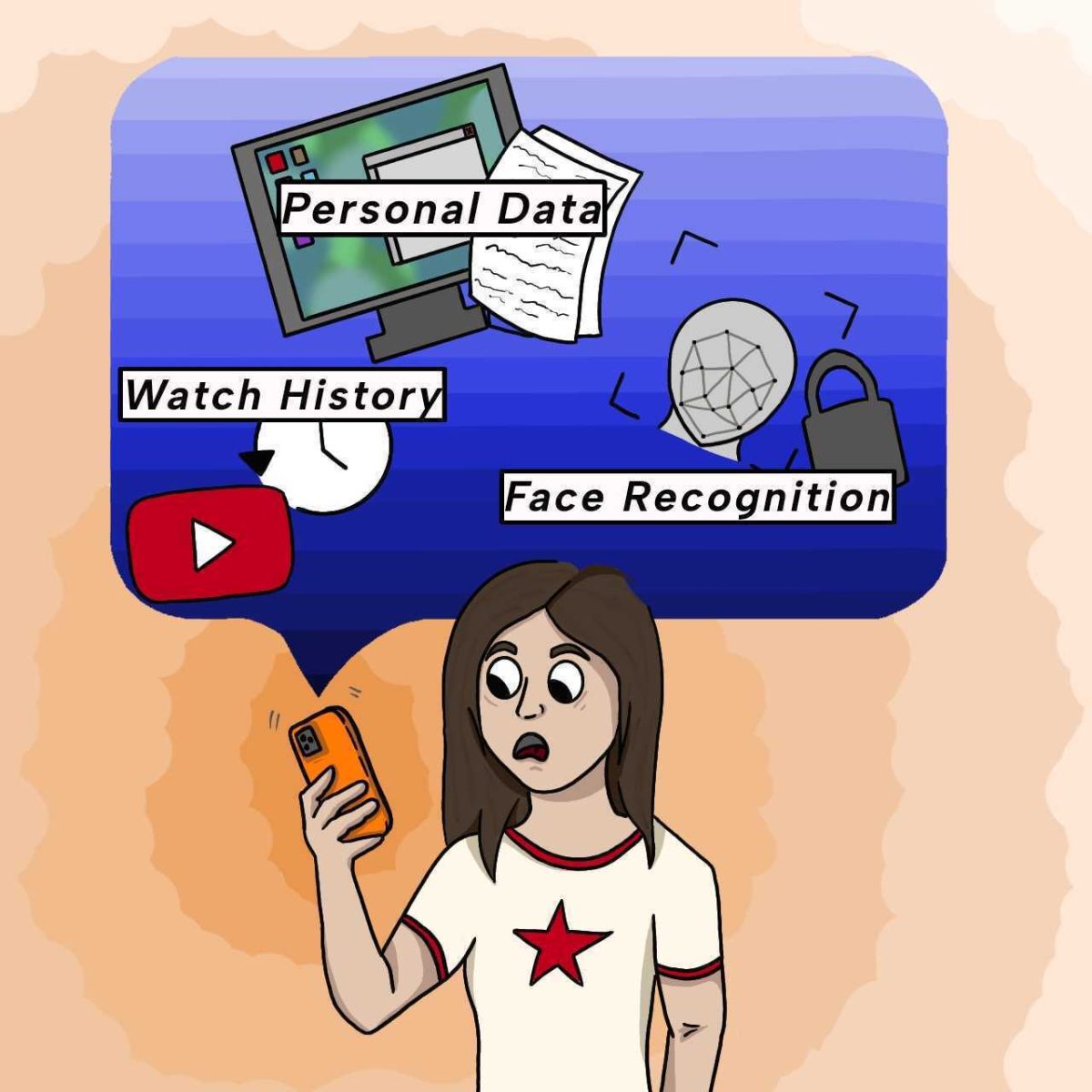DeKALB – In a bold move that merges tradition with innovation, the Northern Star, NIU’s trusted source of news and information, has announced a groundbreaking transition. The editorial team, led by Editor-in-Chief Jane Smith, is replacing themselves and their staff with AI writers.
This decision marks a significant shift in the landscape of journalism, raising questions about the future of news production and the role of technology in shaping media narratives.

The Northern Star has long been revered for its commitment to delivering timely and relevant news to the NIU and DeKalb community. Established over a century ago, the newspaper has adapted to technological advancements while upholding its journalistic integrity.
However, the rise of artificial intelligence presents both challenges and opportunities for traditional news organizations like the Northern Star.
“We recognize the potential of AI technology to enhance our newsroom operations and improve the quality of our content,” stated Jane Smith, who has been at the helm of the Northern Star for the past five years. “By leveraging AI writers, we aim to streamline our workflow, increase production efficiency, and deliver richer storytelling experiences to our readers.”
To our staff and those who came before us, who have dedicated their lives to journalism, it’s over. We can go home and let the robots write for us.
APRIL FOOLS, BUT SERIOUSLY…
If you haven’t guessed yet, this is a joke. Both that we’re replacing our staff with AI and that AI could even replace human reporters.
AI has been used to write sports recaps and cover finance articles, but this is because those tend to rely more on numbers which computers do well with. When writing news pieces, AI programs often make things up.
For instance in the above segment written by Chat GPT, the AI cited Jane Smith as our editor-in-chief. Not only is Smith not our editor-in-chief, but she doesn’t exist in the Northern Star.
The Northern Star isn’t immune to this technology, as some of our staff use AI to brainstorm ideas and review grammar. Otter.ai is a program many of us use not only to record audio interviews but to automatically transcribe them.
AI has many practical uses in journalism beyond the unethical practices of creating art and writing pieces.
Andrea Guzman, an NIU associate professor in communications and expert in AI, said much of the apprehension regarding AI is because of its sudden appearance in our society.
“The transition that we’re going through is a lot faster than a lot of people have seen before,” Guzman said. “And that’s why there’s a lot of questions and uncertainty about it. Because it’s happening so fast, and people feel like they’re really trying to play catch up to understand it.”
A good way to examine AI is comparing it to the internet. During its introduction, the internet was similarly viewed with mistrust or as a gimmick. Today, nearly every facet of life revolves around its use. AI is similarly being used to enhance services ranging from cyber security to healthcare.
AI can and has been used unethically. One only has to look at AI generated art that’s taken the styles of artists without their permission or compensation to see this.
AI as a whole is unavoidable though, so how do we avoid it being used unethically in any situation? Like the internet, the decision comes down to us as a whole society and how we choose how to use it ethically.
“AI is created by people,” Guzman said. “AI is created by companies. The government can regulate those companies. The government can pass legislation. Industries can come up with ethics. Businesses can decide what they do or do not use with AI. The choices to create AI rest with people.”
Like the internet, there is no putting the genie back in the bottle. Rather than thinking of AI as a good or bad thing, it’s time to consider how AI can be used positively.




















